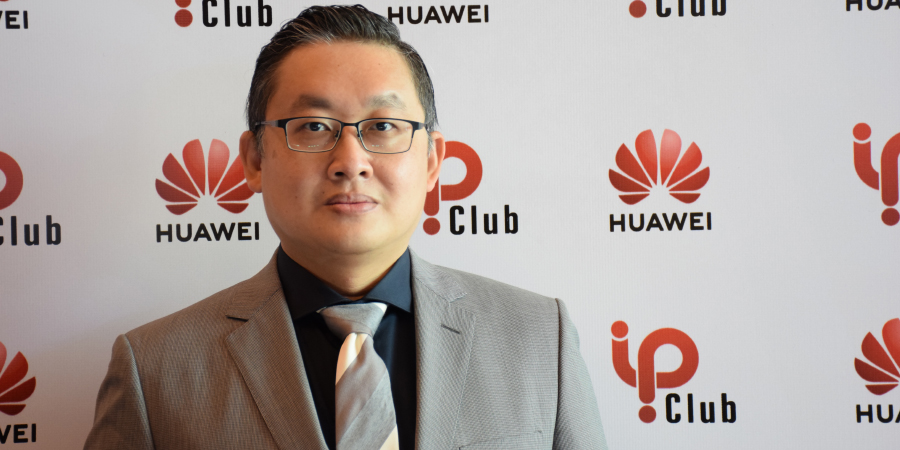Aloysius Cheang, chief security officer, Huawei UAE, breaks down the cybersecurity concern and stresses the importance of cyber hygiene at a personal level.
A new term that is popping up frequently in the digital space is zettabyte – a digital unit of measurement- with the amount of content exchange and consumption taking place today. As per recent stats, over the next five years up to 2025, global data creation is projected to grow to more than 180 zettabytes. The tons of data generated from the use of connected devices are only getting bigger and bigger.
Indeed, the growth of digital technologies is transforming our everyday lives and providing us greater personalization of services. However, along with it new privacy and cybersecurity concerns have crept in and are creating disruptions that are becoming common features in the digital transformation journey.
“As we have witnessed in recent days, there have been massive ransomware attacks on many companies worldwide. A few months back, the Colonial Pipeline was hacked for ransom. The ransom was paid for $5 million in Bitcoin. Again, there was a ransomware attack on Kaseya and they are demanding $70 million as ransom in cryptocurrency. Many companies are running Kaseya software as an important piece of software in any security operating center and that saw the security operations center lockout service. So, a massive ransomware attack will continue to happen,” says Cheang.
“One of the trends that we are seeing today is that people are hacking for profit, and more than 40% of the cybersecurity incidents are ransomware attacks. So, we have to address that concern, strengthen our defenses and manage our security controls. Ransomware attacks in the future are real risks that we are seeing happening. Although this is predominantly happening in the US, that risk is also real here in the UAE and the Middle East. Especially in the UAE, where we have the regional headquarters for many companies. Therefore, we have to look at how we build our defenses against ransomware,” he stresses.
Since the concern of cybersecurity involves each one of us who are connected in the digital sphere, Cheang has a sane message for everyone.
“Besides the ransomware attacks, we also need to build up our knowledge and understanding of basic cybersecurity hygiene. So, just like we take care of our hygiene, cybersecurity today also can be seen as a hygiene factor. Right from the kind of controls against any potential security attack through antivirus and malware software, and many other security tools that we install on our laptops and devices needs a reality check. Maintenance of the latest updated secure software and its patches, for example, is supremely important. So, this can be considered as cybersecurity hygiene.
“One needs to understand and take the necessary steps to protect oneself against the most common attack such as phishing emails where unknown people request you to send money to them or request you to open malicious links that could install malware onto our system. Last year many people in the UAE received emails claiming COVID-19 relief package and requesting people to click on them to claim it. So, that is how bad people may try to attack you. As part of one’s cybersecurity regime, one should not click such requests and resist the temptation to open any suspicious file from unknown people. One also needs to have a strong password policy and not use simple passwords that can be easily guessed,” he says.
“Don't use office laptops for personal use. Especially, when you work from home, don’t let your children play with the laptop because they might install games into the device and inadvertently introduce malware, send out an email, or share sensitive files from your company to anyone as they go about clicking and using the laptop while gaming. So, these are some examples of the cyber hygiene practice that we need to educate the public in easy steps to follow keenly,” stresses Cheang.
Remote working has become part and parcel of the post-pandemic world. Cybersecurity concerns have gone beyond the walls of office buildings.
“Today because of the pandemic, a lot of people are working from home. So you also need to have certain processes and policies in our company to address people working from home. Office endpoint systems, whether they be phones or laptops mustn't be shared with children or anybody in the family. The above points that I have mentioned concerning cybersecurity are real, and you can feel it personally because cybersecurity today is everywhere and people need to understand it right at the basic level to address the concerns of cybersecurity.”
